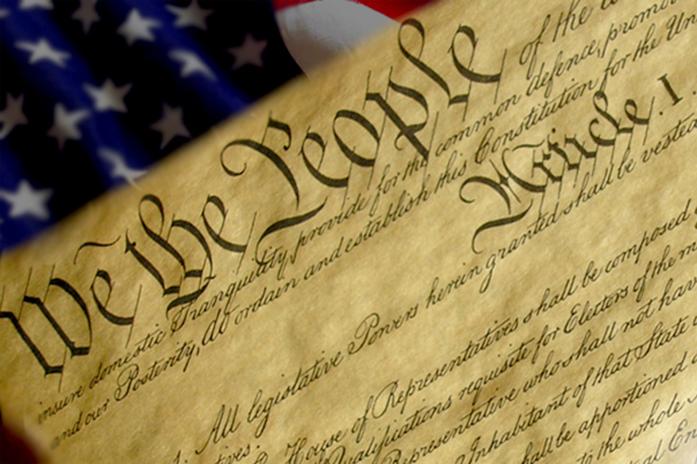The Constitution mandates the president “shall nominate, and by and with the Advice and Consent of the Senate, shall appoint . . . Judges of the supreme Court.”
President Obama sent the Senate his nomination of Judge Merrick Garland on Feb. 13.
Of course, any senator can vote “no” on Garland’s confirmation.
That’s not enough for today’s Republican Senate leadership. They reject the entire confirmation process.
President Ronald Reagan’s 1987 nomination of Judge Robert Bork went badly. But Bork insisted on full Senate debate and the losing vote because “A crucial [constitutional] principle is at stake … the deliberative process.”
Thus, the leadership’s refusal to vote conflicts with both their professed allegiance to a literal reading of the Constitution and its interpretation by their poster judge, Bork.
Sens. Mitch McConnell and Charles Grassley say they want to “give the people a voice” in the appointment of judges. Let’s examine their rationale.
(1) For starters, the Constitution’s drafters were more interested in muffling the people’s voice than in amplifying it. Major issues would be resolved by elected representatives, not national referenda.
(2) Restrictions limited direct elections. Our Constitution still says our president is selected, not by the people’s voice or vote, but by “electors” appointed by each “State … in such Manner as the Legislature thereof may direct.” Nor could “the people” select U.S. senators. “The Senate … shall be composed of two Senators from each State, chosen by the Legislature thereof” (changed in 1913).
(3) There were even further restrictions on who could vote — initially white, males, over 21, who owned land. African-Americans got the vote in 1870, women in 1920, and 18-20-year-olds in 1971.
(4) This history, plus the leadership’s respect for the late Justice Antonin Scalia’s search for the Constitution’s “original meaning,” should preclude any reference to a “people’s voice” in the confirmation process.
(5) What is “the people’s voice” saying in presidential elections? At best, a majority’s preference between two candidates. Even if constitutionally relevant, which it’s not, that people’s voice was clearly heard in President Obama’s 2008 and 2012 elections. And the Constitution offers no hint that a president’s judicial appointment power is any less on the last day of their presidency than on the first.
(6) Theoretically a presidential campaign could turn on one single, dominant issue. Clearly, neither the 2008 nor 2012 election raised, let alone resolved, the Senate’s constitutional right to refuse to undertake confirmation proceedings.
(7) These points are equally applicable to McConnell’s insistence that the 2014 election of Republican senators was a “people’s voice” authorizing his abandoning the constitutionally mandated confirmation process.
The Constitution’s drafters knew the court’s justices could only function as intended if the public believed they were independent and non-partisan, able, honest and just.
The Republican Senate leadership’s response to Garland is wrong, both constitutionally and in their “people’s voice” rationale. It also further erodes public confidence in our unique and precious judicial institutions.
Whether they are wrong that their chosen path will best serve their political self-interest we will only know after the people’s voice is unambiguously heard in next November’s Senate elections.
Nicholas Johnson







